George Carlin’s bit on the importance of “stuff” is a comedy classic. As human beings, we have an innate need to acquire, hold, move, and find places to put our stuff. In our personal and professional lives, acquiring stuff can give us a sense of accomplishment, security, and control.
Historically, acquiring stuff has been common practice in almost every company since the dawn of the information revolution. However, the world around us is evolving rapidly and cloud computing is changing—and simplifying—every facet of how we use technology in both our personal and professional lives. Practically speaking, enterprises are learning that sometimes procuring, installing, maintaining, and depreciating stuff—like compute hardware—is not an efficient business model.
At Skytap, we’re seeing our enterprise customers adopting more of a corporate “Don’t Own Stuff” (D.O.S.) philosophy. Who doesn’t want to simplify, right? To enterprises, D.O.S. means still having all the stuff they need, without having to hold, move, and find places to put it.
Case in point, Cushman & Wakefield—the world’s largest privately held real estate services firm. They leverage a hybrid cloud model because they have adopted the D.O.S. philosophy. This led the company to seek out cloud-based solutions that offer essential compute capabilities without needing all of the internal resources traditionally required to support on-premises computing infrastructure. They moved their application development and test environments to the public cloud to improve the speed of their software release cycles and make them more efficient. Before the cloud, provisioning IT environments for Cushman & Wakefield’s development and test teams took anywhere from days to weeks depending on workload and availability of IT resources.
Of course, there are things your company dare not put into a public cloud. Mission critical applications and secure data will continue to live in private clouds and enterprise-owned internal infrastructure for the foreseeable future. But environments that are not running 24×7—for example, use cases like development and test, software demos, and virtual training—are a great fit for a public or hybrid cloud.
In the recent Interop 2012 keynote speech: Gaming the Hybrid Cloud: Lessons from Zynga‘s zCloud, CTO Allan Leinwand said of cloud computing “hybrid is the new black.” Which brings us back to George—well known for wearing black in most of his comedy bits—who said, “A house is just a place to keep your stuff.” And when it comes to enterprise datacenters, the question has become: Which stuff will you keep in your house, and which stuff will you move to the cloud?
